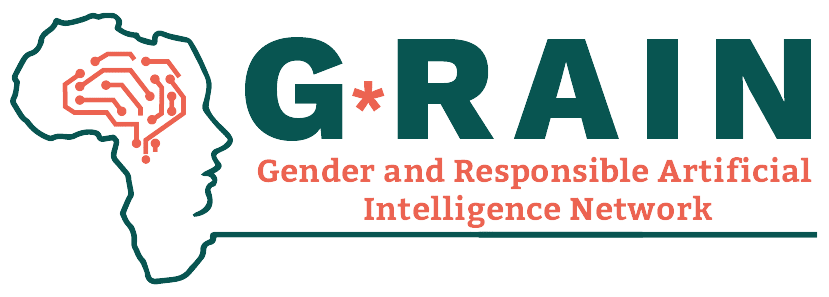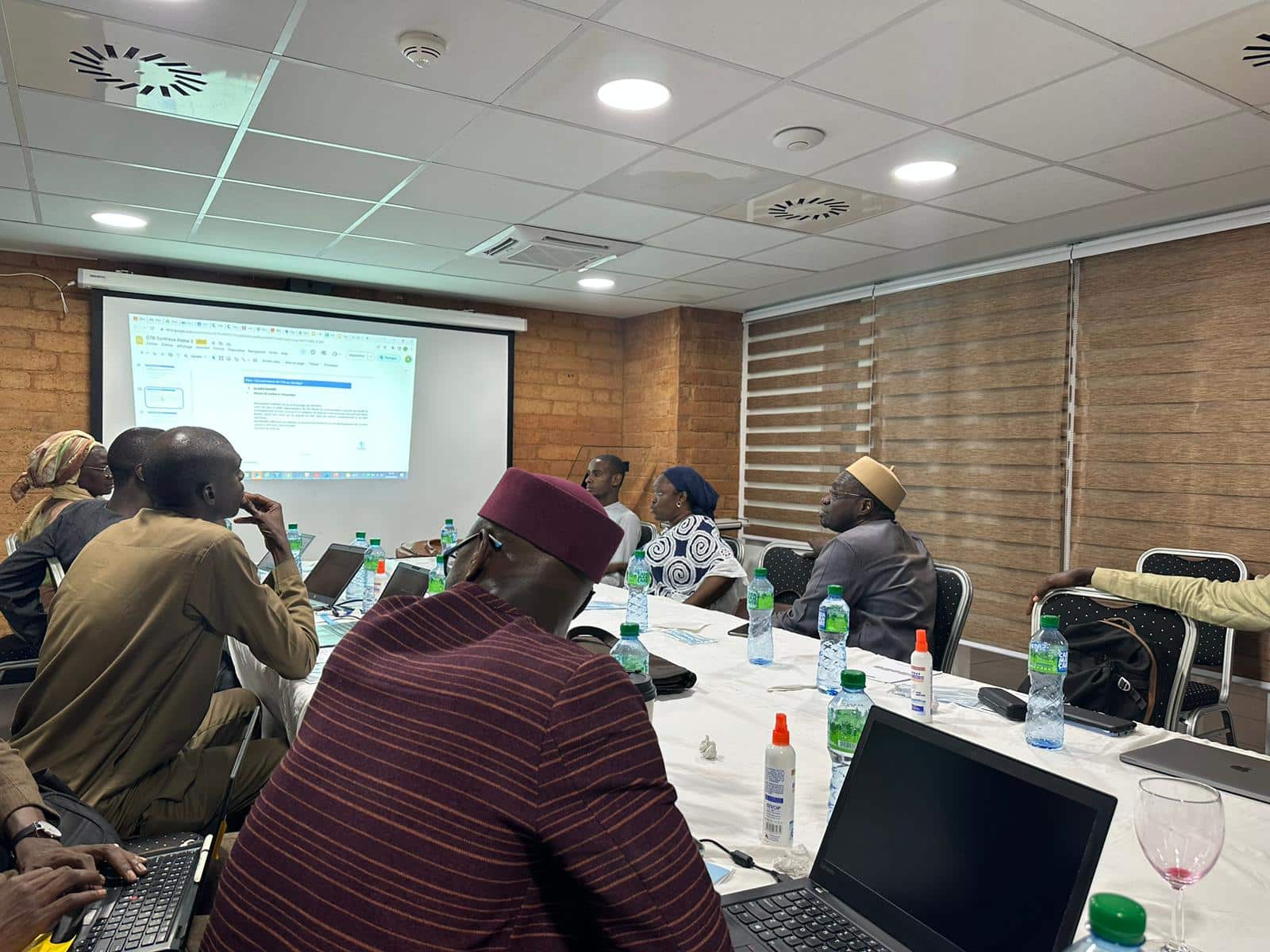At a time when the world is facing many major challenges - from climate change and poverty to population displacement and social injustice - women and girls play a key role in solving these problems and shaping future prosperity for all. Artificial intelligence (AI) and other digital tools can help us meet these challenges and open up new opportunities. To harness this potential, we need to take meaningful steps to mitigate the risks that AI poses to women and girls, and to use AI to advance gender equity.
By Leila Toplic, Head of the Emerging Technologies Initiative at NetHope
The adoption of AI is accelerating and its potential is considerable. Today, AI is embedded in almost every sector, from healthcare and finance to education and manufacturing. It is being used to make decisions in everything from hiring, offering credit and how much, to prioritising access to healthcare. This means that AI systems are essential to women's participation in all sectors of society. The ability to access, use and shape AI is essential for the future of women's human rights.
While AI can help us solve some of the toughest problems and transform the way we live and work, it could also exacerbate inequalities and digital divides. The digital divide between men and women is already alarming. According to UN Women, women account for more than two-thirds of the world's 796 million illiterates. Of the estimated 2.9 billion people who are not connected, the majority are women and girls. Women are 25 % less likely than men to know how to take advantage of digital technology for basic uses. Women and girls do not have access to or participate in science, technology, engineering and mathematics (STEM). They are four times less likely to know how to program computers. With such a large education gap, it's not surprising that women are under-represented in technology fields within the workforce. According to the World Economic Forum's 2021 Global Gender Gap report, only 32 % of people in data and AI roles are women.
This digital divide between men and women has two consequences. Firstly, barriers to accessing and using digital technologies (including AI) prevent women and girls from accessing opportunities in education, the economy and society. Secondly, the under-representation of women and girls in the technology industry, including in the development of AI systems, only reinforces and amplifies existing gender biases and stereotypes in our society, as AI does not reflect their needs, backgrounds, experiences and ideas.
It is therefore not surprising that women and girls are disproportionately affected by AI. There are many cases where AI systems discriminate on the basis of gender. For example, facial analysis software has reported higher error rates for recognising women, particularly those with darker skin (1 in 3 failure rate for identifying women with darker skin). There is an infamous case of a major technology company using a hiring tool that discriminated against women. Amazon's Alexa and Apple's Siri were found to embed damaging gender bias. A recent study into how an algorithm delivers ads promoting STEM jobs found that women were less likely to see the job ad due to its cost-effectiveness. Word embedding, which is one of the most important concepts in natural language processing (NLP) and is widely used by commercial companies, reinforces gender stereotypes by suggesting words that reflect the same old biased perception of women, which is not fact-based or equity-focused. It is important to note that these are mainly examples from the North and that we lack evidence from the South.
In short, without an intentional focus on gender equity, AI can be deployed as a tool for discrimination, oppression and control.
To find out more, click here: https://nethope.org/articles/if-ai-is-the-future-gender-equity-is-essential/
IPAR took part in the second workshop to formulate the national Artificial Intelligence strategy, which was held on 21 Read more
From 26 to 28 July, Ipar took part in the National Consultations workshop for young experts, key players, activists and researchers. Read more






